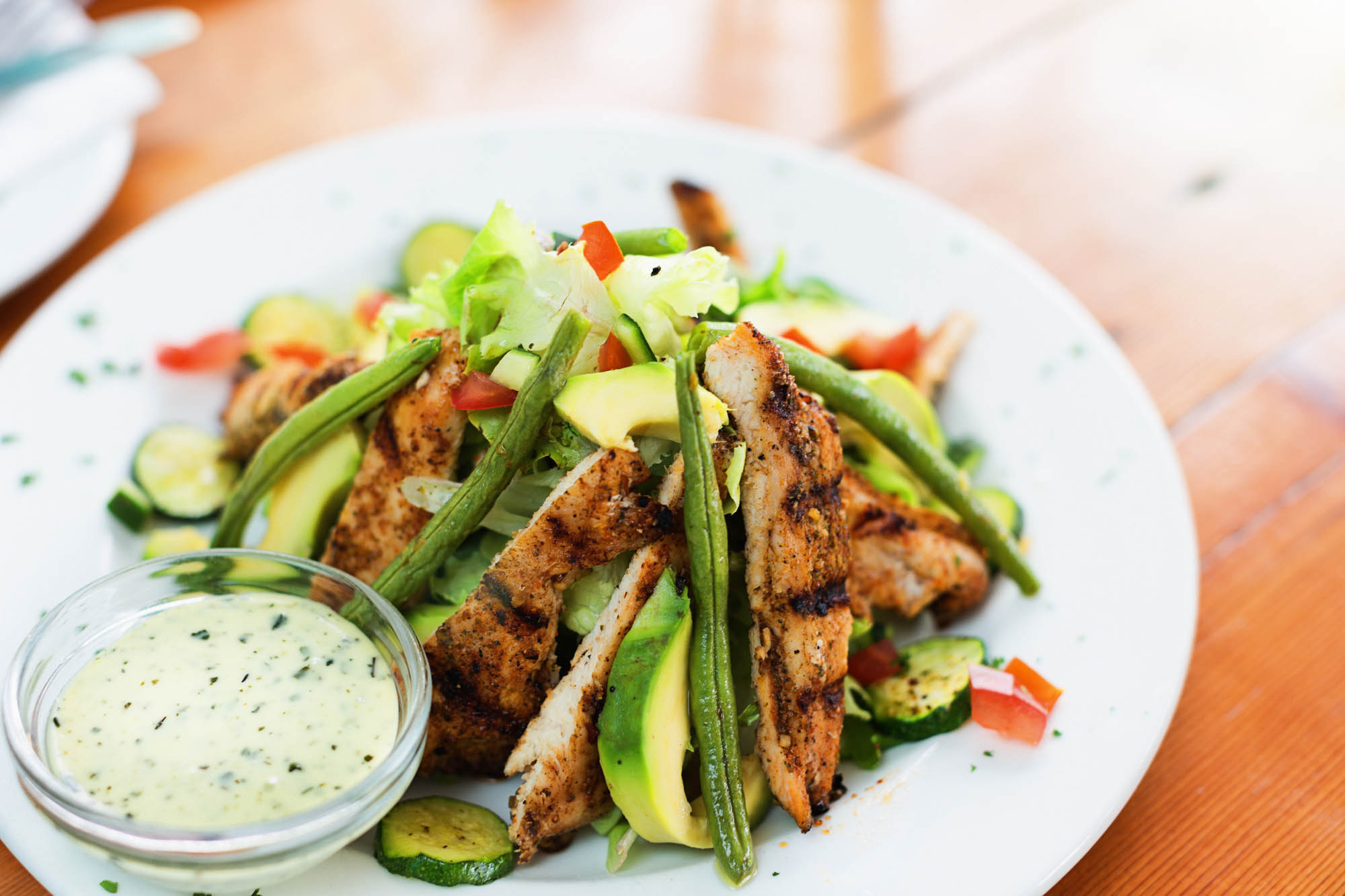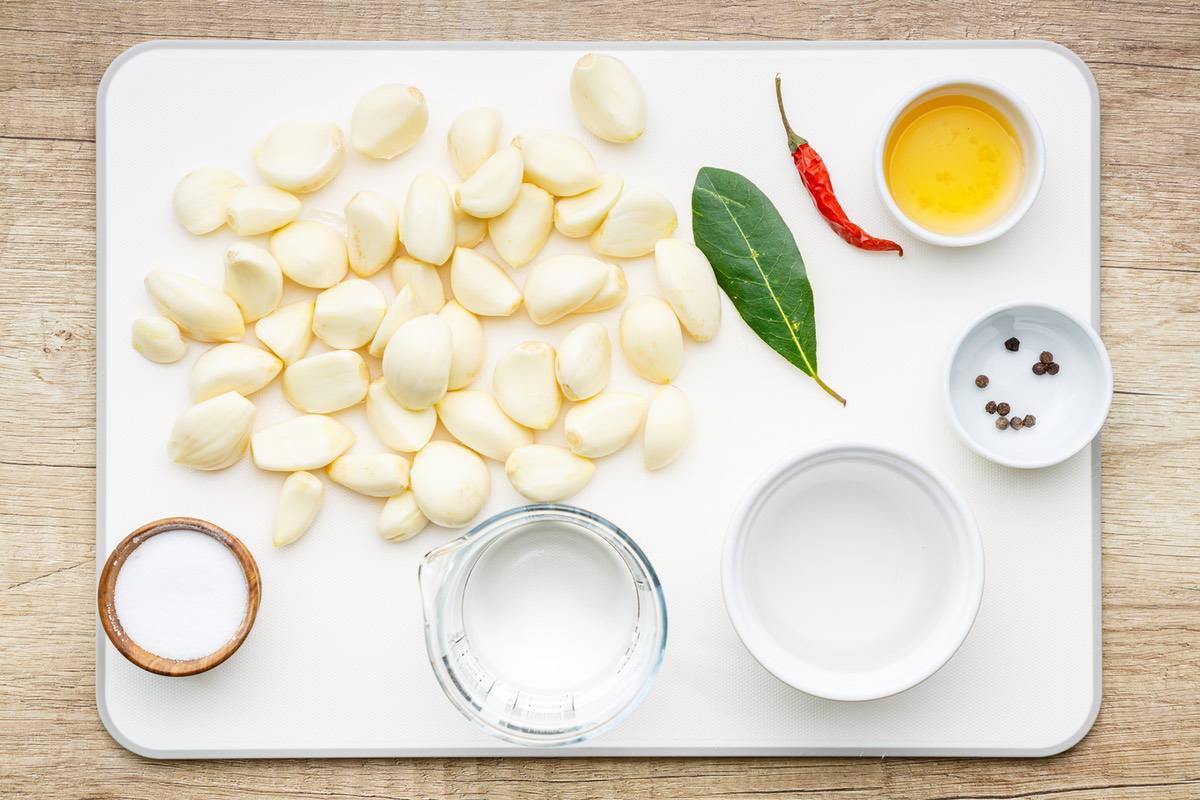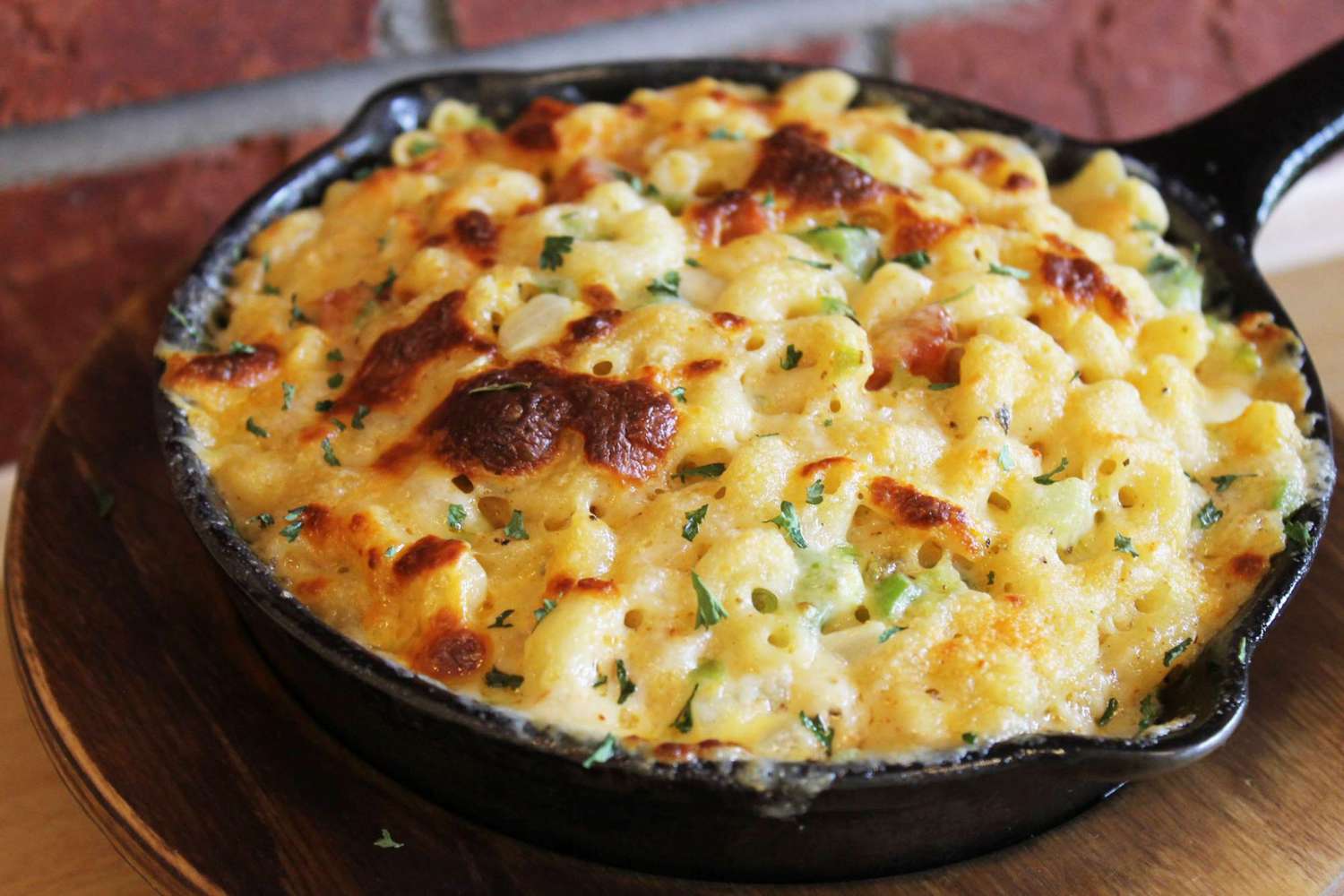Healthy Eating for Heart Health
Eating a healthy diet is essential for preventing heart attacks and maintaining overall heart health. By making smart food choices and adopting healthy eating habits, you can significantly reduce your risk of heart disease. Here are some tips on how to eat healthily to prevent heart attacks:
1. Choose Heart-Healthy Foods
When it comes to preventing heart attacks, it’s important to focus on consuming foods that are good for your heart. Opt for a diet rich in fruits and vegetables, which are packed with essential vitamins, minerals, and antioxidants that support heart health. Include whole grains such as brown rice, quinoa, and oats in your diet, as they are high in fiber and can help lower cholesterol levels.
2. Limit Saturated and Trans Fats
Consuming high amounts of saturated fats and trans fats can raise your cholesterol levels and increase your risk of heart disease. Limit your intake of red meat, processed foods, and fried foods, which are often high in unhealthy fats. Instead, choose lean proteins such as skinless poultry, fish, and legumes, and opt for healthy fats like those found in avocados, nuts, and olive oil.
3. Reduce Sodium Intake
Excessive sodium consumption can lead to high blood pressure, a major risk factor for heart disease. Be mindful of the amount of salt you add to your meals and try to limit your intake of processed and packaged foods, which are often loaded with sodium. Flavor your food with herbs, spices, and citrus juices instead of salt to reduce your sodium intake.
4. Eat Fish Twice a Week
Fatty fish such as salmon, mackerel, and sardines are rich in omega-3 fatty acids, which have been shown to lower the risk of heart disease. Aim to include fish in your diet at least twice a week to benefit from its heart-protective properties. If you’re not a fan of fish, consider taking a fish oil supplement to ensure an adequate intake of omega-3s.
5. Practice Portion Control
Controlling portion sizes is crucial for maintaining a healthy weight and preventing heart disease. Be mindful of your serving sizes, and avoid overeating, especially when it comes to high-calorie foods. Using smaller plates, measuring portions, and paying attention to hunger and fullness cues can help you manage your portions effectively.
6. Stay Hydrated
Drinking an adequate amount of water is essential for heart health. Staying hydrated helps maintain proper blood volume and circulation, which is important for cardiovascular function. Aim to drink at least 8 glasses of water per day, and limit your consumption of sugary beverages and excessive caffeine, which can have negative effects on heart health.
7. Enjoy Healthy Snacks
Instead of reaching for unhealthy snacks like chips and cookies, opt for heart-healthy alternatives. Keep a variety of nuts, seeds, and fresh fruits on hand for convenient and nutritious snacking. These options provide essential nutrients and can help keep your energy levels stable throughout the day.
By incorporating these healthy eating habits into your lifestyle, you can significantly reduce your risk of heart attack and promote overall heart health. Remember that small changes in your diet can lead to big improvements in your heart health over time. Making informed food choices and prioritizing a heart-healthy diet can set you on the path to a long and healthy life.











